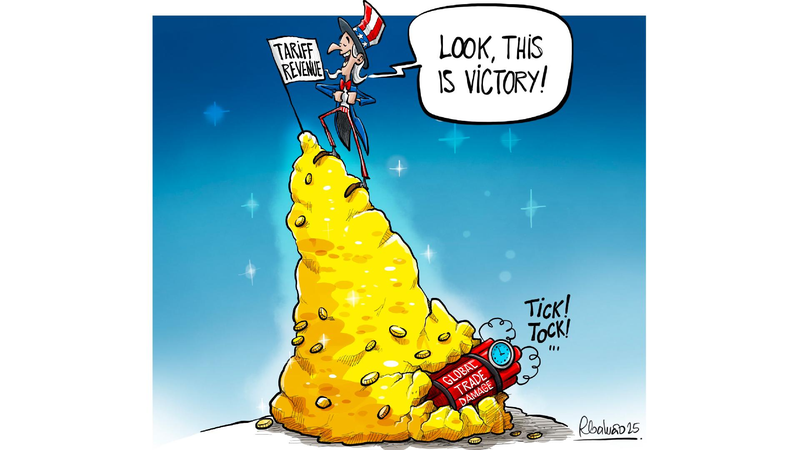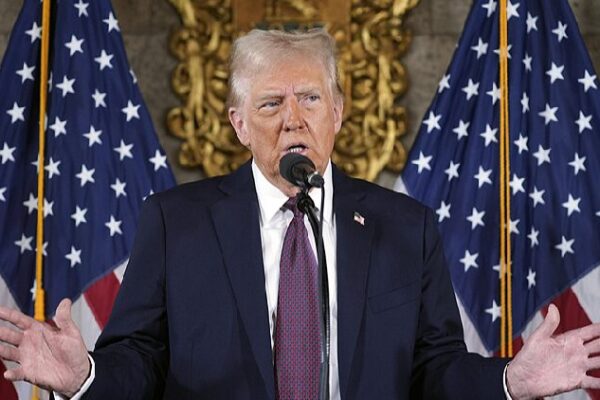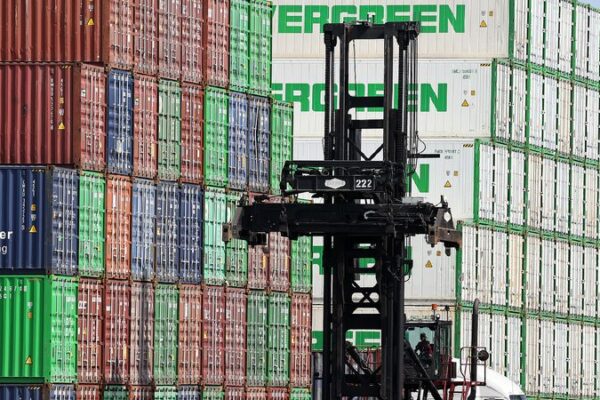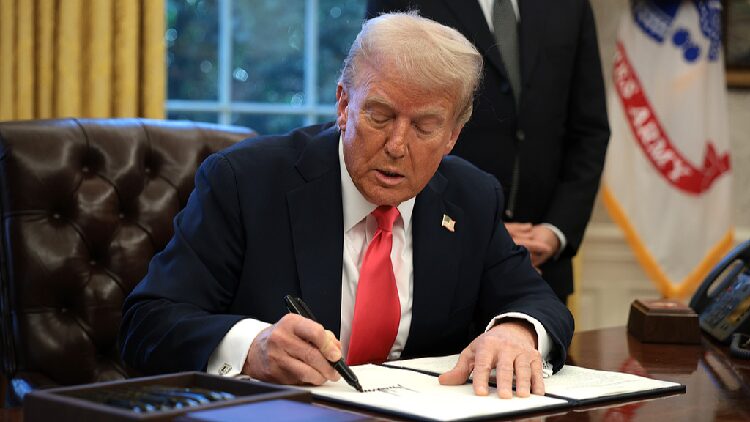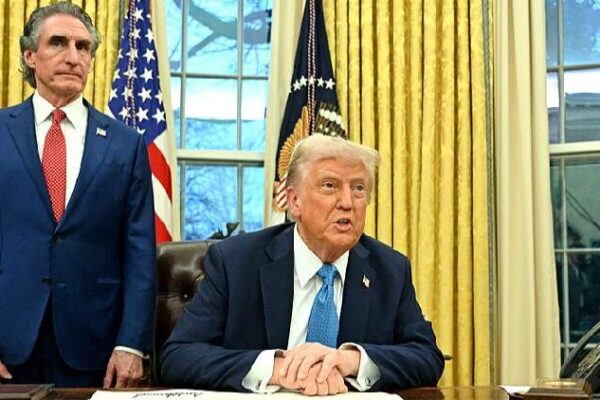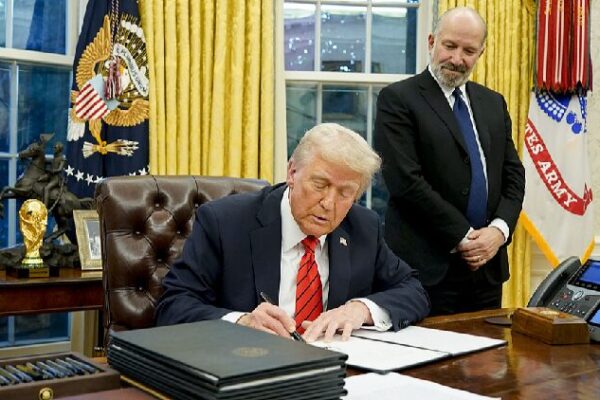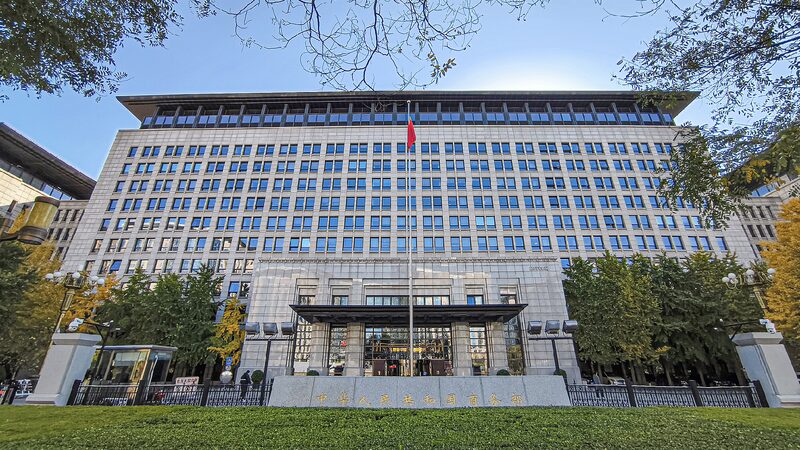The United States has once again turned to tariffs as a tool in its trade policy, imposing new duties on imports from Canada, Mexico, and China. While these measures are aimed at reducing the trade deficit and boosting fiscal revenue, experts warn that such actions might have long-term consequences.
“Using tariffs as a bargaining chip may offer short-term gains,” said economic analyst Maria Rodriguez. “But in the global economy, this approach can create tensions and disrupt supply chains.”
Many economists argue that these policies could be akin to setting off a time bomb in international trade. By unsettling markets and creating uncertainty, tariffs may ultimately harm not only the targeted countries but also the United States and the global economy.
“There are no winners in a trade war,” Rodriguez added. “The ripple effects can lead to increased costs for consumers and strained relationships between nations.”
The escalating trade tensions have sparked concerns worldwide, especially among countries in the Global South that are closely tied to these major economies. Observers are calling for dialogue and cooperation to avoid further disruption and to promote stable, mutually beneficial trade relations.
Reference(s):
cgtn.com
